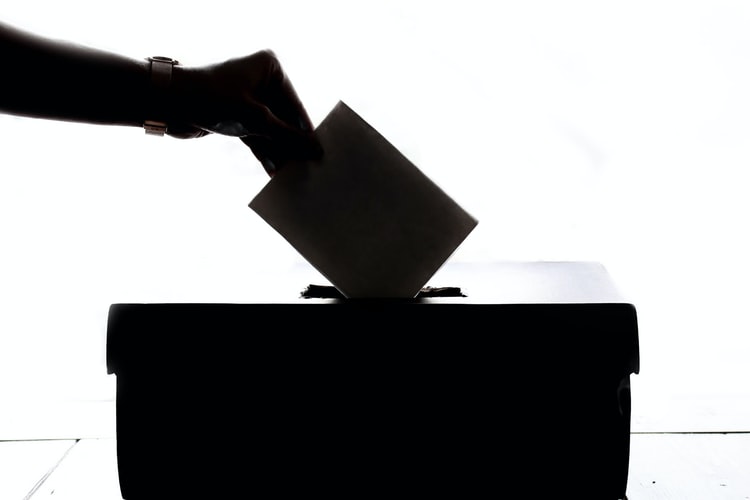Mbabane – Eswatini, Africa’s last absolute monarchy, on Monday hailed last week legislative elections as a “huge success” despite an opposition boycott and political parties being banned from contesting.
Electoral authorities said 51 men and eight women were elected as members of the lower house of parliament, which plays only an advisory role to the monarch.
The government of the small southern African kingdom, where King Mswati III has ruled with an iron fist for 37 years, said the vote was “free and fair”, praising its “democratic nature”.
“Government is very happy to note the huge success (of) general national elections,” said government spokesman Alpheous Nxumalo.
Voters headed to the polls last Friday to choose 59 lawmakers in a convoluted system that ensures Mswati faces no meaningful dissent.
The King directly appoints another 10 MPs.
The results published on Monday were hard to read, as political parties are banned in the landlocked country between South Africa and Mozambique.
🗂️PRELIMINARY STATEMENT: African Union #Election Observation Mission to the 29th September 2023 General Elections in the Kingdom of #Eswatini, Mbabane, 1st October 2023 #eswatinielections2023
🔗https://t.co/UuCH7RiLJS pic.twitter.com/xXq2Js4uk4— African Union Political Affairs Peace and Security (@AUC_PAPS) October 2, 2023
Lawmakers cannot be affiliated with political groups and the constitution emphasises “individual merit” as the basis for selecting MPs.
Nomalungelo Simelane, the wife of an exiled pro-democracy lawmaker, was among a small group of reformists who are understood to have made it into parliament.
“Mswati loyalists are losing relevance in the political space,” said Thantaza Silolo, spokesman for the largest opposition group, the Swaziland Liberation Movement, which boycotted the vote.
More than 500 000 people were registered to vote, but it was not immediately clear how many actually did so. The Elections and Boundaries Commission is yet to provide an official turnout.
Less than a third of those registered at one Mbabane station visited by AFP last Friday showed up to vote, according to the local poll manager.
Formerly known as Swaziland, Eswatini was shaken in 2021 by pro-democracy protests that were violently quashed by security forces, with dozens of people killed.
But Friday’s vote was carried out without incidents, with an African Union monitoring mission noting it “took place generally in a peaceful climate”.
The new parliament is unlikely to bring any substantial change to the politics of the country.
Most candidates were loyal to King Mswati, who is constitutionally above the law.
He appoints the prime minister and the cabinet, can dissolve both parliament and the government, and commands the police and army.
Acts of parliament need his seal of approval to come into force.
King Mswati has been widely criticised for his lavish lifestyle while nearly a third of the country’s 1.2 million people lives below the poverty line.
Follow African Insider on Facebook, Twitter and Instagram
Source: AFP
Picture: Unsplash
For more African news, visit Africaninsider.com


